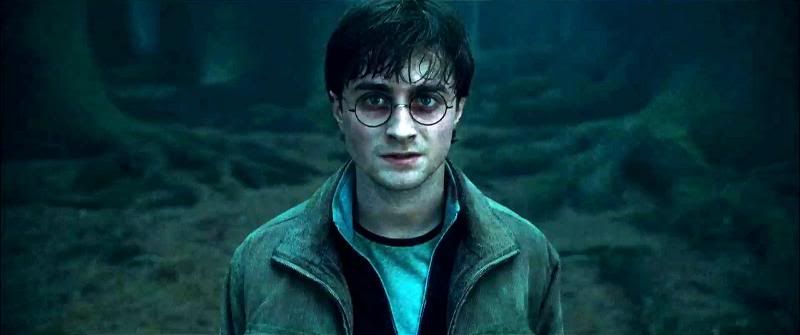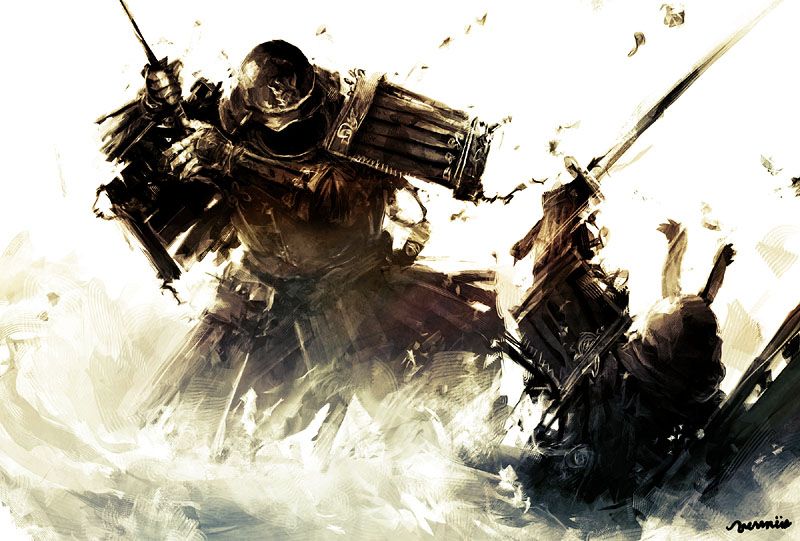
I’ll go on record as being a fan of the Harry Potter series. There’s something that bothers me about it, though. A lot of people in the Wizarding world refer to Harry as ‘the Chosen One’, ‘the Boy Who Lived’, and so on. It’s a phrase that’s been used quite a bit, and not just in the arenas of young adult or fantasy fiction. It’s an old chestnut, going all the way back to the earliest myths, and it’s about time someone cut this geezer open to pull out what works and discards the rest. Our stories still need their heroes, that’s not in question, but as things stand, “the Chosen One” is definitely showing its age.
There are a lot of traditional views of heroism in fiction. Many times, the hero is “chosen”, set aside by some greater power or the magic of destiny or something like that. This simplistic explanation allows the focus to remain on the hero’s journey, and in these cases the Campbellian archetype applies more often than not. Throughout their growth, doubts, victories, failures, and apotheosis, the hero is a very present figure, unmired by a past that usually has little or nothing to do with the task at hand. They’ve been chosen to be the hero, and that is that.
In case it isn’t obvious, there are more than a couple problems with The Chosen One. Firstly, it robs the hero of a great deal of their agency. Being ‘chosen’, their decision-making happens on a very micro level, simply overcoming challenges as they are presented, rather than working towards a larger, self-defined go. ‘Fulfill your destiny’ is, somewhat ironically, not all that fulfilling as a motivation. On top of that, the Chosen One often does little to earn their power and influence. Their abilities are tested, to be sure, but much like the hero’s decision-making, these successes more often than not fail to grow the hero in any meaningful way, and even the loss of magical weapons or fond companions are only temporary difficulties, since ‘the power was inside all along’. This brings me to a third (and, for the moment, final) flaw in The Chosen One as a hero: other characters around the hero suffer as a result of the hero’s ‘chosen’ nature. They are often reduced to cannon fodder or, usually worse, comic relief, rather than forcing the hero to work harder, do better, grow and change. Because the hero has no agency, neither does anybody around them.
It’s possible to make the story of The Chosen One charming, and flesh out the characters to a degree that these flaws are minimized, but they’re not going away. Even tales I love have these flaws, at times glaringly. And one of your jobs as a writer is to work on doing better at telling stories than your favorite author can or would do. While we can’t all be JK Rowling or George RR Martin or Terry Pratchett or JRR Tolkien or Isaac Asimov or Chuck Wendig, we still can and should do a better job with the central figures of our stories than we’ve seen or read or heard about in the past.
Back to Harry. How JK avoids the pitfalls above is that Harry remains a very human character, in every measure a boy growing into a man. After the initial rush of breaking free of his mundane and abusive life, he doesn’t much care for the hoopla and labels that surround him. His ‘destiny’, if we want to call it that, was not gifted to him, but rather the side-effect of one of the most horrific events of his life. Rather than things coming easily to him, he struggles in his studies and in his interactions, often coming close to failing if not completely screwing the pooch. He wouldn’t have gotten as far as he does without his friends, who like him are realistic and well-rounded characters in their own right, never feeling disposable unless a film director isn’t sure what to do with Ron Weasley (but that’s hardly Ron’s fault, or Ms Rowling’s). And his refusal of his destiny’s call never feels like a token moment meant to check off a box on the Campbellian list.
So how does one make a hero work? What makes for a good hero? If there’s bad points for the Chosen One, what are the good ones for a hero?
Tune in next week, and find out.






